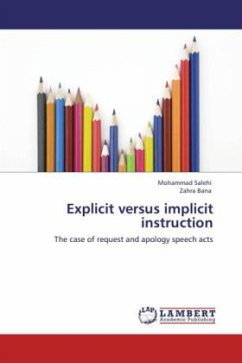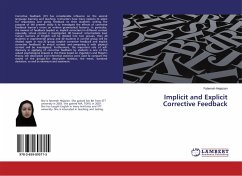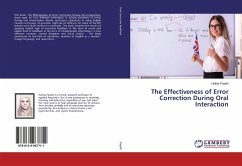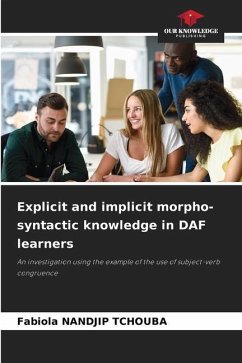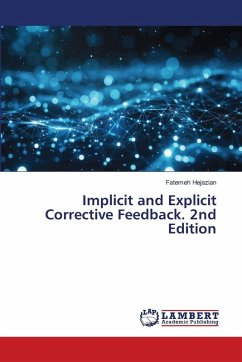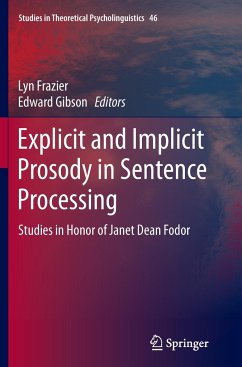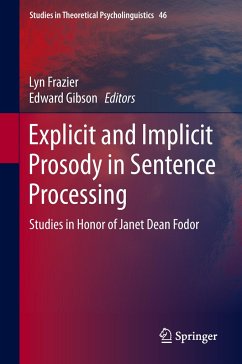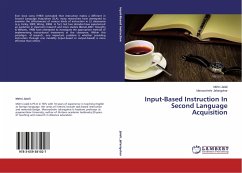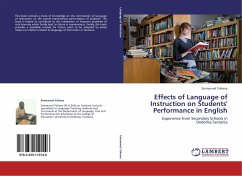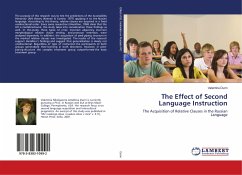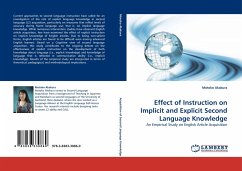
Effect of Instruction on Implicit and Explicit Second Language Knowledge
An Empirical Study on English Article Acquisition
Versandkostenfrei!
Versandfertig in 6-10 Tagen
52,99 €
inkl. MwSt.

PAYBACK Punkte
26 °P sammeln!
Current approaches to second language instruction have called for an investigation of the role of explicit language knowledge in second language (L2) acquisition, particularly on measures that reflect levels of accuracy during fluent language use; that is, on implicit language knowledge. While numerous intervention studies have observed English article acquisition, few have examined the effect of explicit instruction on implicit knowledge of English articles. Due to being non-salient forms, English articles are found to be difficult even among advanced English learners. Based on a Cognitive vi...
Current approaches to second language instruction have called for an investigation of the role of explicit language knowledge in second language (L2) acquisition, particularly on measures that reflect levels of accuracy during fluent language use; that is, on implicit language knowledge. While numerous intervention studies have observed English article acquisition, few have examined the effect of explicit instruction on implicit knowledge of English articles. Due to being non-salient forms, English articles are found to be difficult even among advanced English learners. Based on a Cognitive view of second language acquisition, this study contributes to the ongoing debate on the effectiveness of explicit instruction on the development of both knowledge about language (i.e., explicit knowledge) and knowledge of language that is reflected in communicative ability (i.e., implicit knowledge). Results of the empirical study are interpreted in terms of theoretical, pedagogical, and methodological implications.



